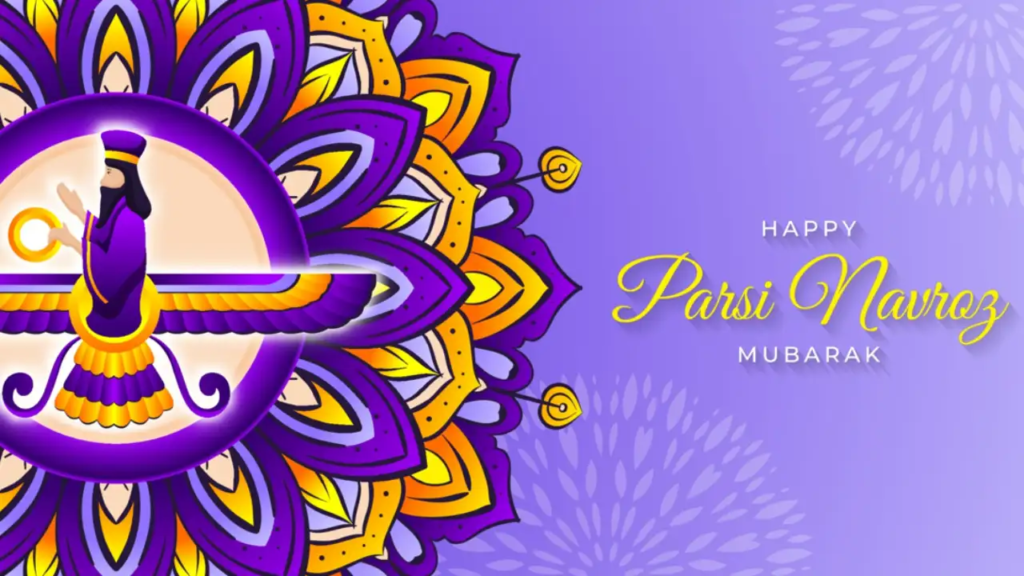
Table of Contents
- Introduction: A New Day for the World
- What is Navroz? The Spirit of Renewal
- The First to Welcome Navroz
- Who Celebrates Navroz Last?
- Unique Navroz Traditions Across Countries
- Why Navroz Times Vary Around the World
- Final Thoughts: A Timeless Celebration of Hope
1. Introduction: A New Day for the World
Every year, as the world tilts slightly to greet the vernal equinox, millions across the globe prepare to welcome Navroz — the “new day” that promises hope, renewal, and joy. But have you ever wondered: Who celebrates it first, and who celebrates it last?
Let’s take a journey across time zones and traditions to find out.
2. What is Navroz? The Spirit of Renewal
Navroz (also spelled Nowruz, Nawruz, or Nooruz) is not just a date on the calendar; it is a celebration of life, nature, and new beginnings. Rooted deeply in Persian culture and recognized by UNESCO as an Intangible Cultural Heritage, Navroz marks the arrival of spring and the start of a new year for many communities from Iran to India, and from Central Asia to the Balkans.
3. The First to Welcome Navroz
Due to the earth’s time zones and the global spread of communities who observe Navroz, the first to celebrate it are often in Central Asia, especially in countries like Tajikistan, Uzbekistan, and Kazakhstan.
The festivities usually align closely with the exact time of the spring equinox, which can occur late on March 20 or early March 21.
- In countries like Tajikistan, celebrations can begin even before the astronomical equinox, blending pre-Navroz customs with the main day.
- Afghanistan, lying further east, also rings in Navroz early compared to Middle Eastern countries.
Thus, Central Asia becomes the first grand stage where Navroz makes its radiant appearance.
4. Who Celebrates Navroz Last?
As we travel westward, time slows its hand over Navroz.
Iran and Iraq follow close after Central Asia. But when you move further west toward Azerbaijan, parts of Turkey, and Balkans regions (like Albania and parts of Bosnia), Navroz celebrations can stretch across several days.
In some communities, especially Ismaili Muslim populations scattered across Canada, the United States, and Europe, Navroz is celebrated based on local time and sometimes adjusted by community guidelines — making them among the last to ring in the new year.
So while the sun has long risen over Samarkand, in Toronto or London, Navroz might just be beginning.
5. Unique Navroz Traditions Across Countries
Navroz is more than a clock-struck moment; it’s a living festival.
Here’s how different places add their color to the celebrations:
| Country | Special Navroz Traditions |
| Iran | Setting the Haft-Seen Table with seven symbolic items |
| India (Parsis) | Visiting fire temples and sharing special meals like Ravo and Sev |
| Afghanistan | Celebrating “Gul-e-Surkh” festival amidst red tulip fields |
| Uzbekistan | Making Sumalak, a sweet wheat dish that cooks overnight |
| Azerbaijan | Fire-jumping ceremonies symbolizing purification |
| Kazakhstan | Traditional games like Kokpar and cooking festive dishes like Nauryz kozhe |
Each culture breathes its own spirit into Navroz, making it a global mosaic of hope.
6. Why Navroz Times Vary Around the World
You might ask, if Navroz is tied to the spring equinox, shouldn’t everyone celebrate it at the same moment?
In theory, yes — the equinox is a scientific event that occurs at one universal time. However, due to local time zones, cultural practices, and community calendars, the exact celebration time differs.
Moreover, in many places, Navroz is not a single-day event but a seasonal festival that can span several days or even weeks. This flexibility lets people mark Navroz when it best fits their lives and customs.
7. Final Thoughts: A Timeless Celebration of Hope
No matter where you are in the world — whether you are the first to greet Navroz under the early spring sun of Samarkand, or among the last celebrating under the night skies of New York — the message remains the same:
Navroz is about new beginnings, fresh hopes, and the universal joy of being alive.
It reminds us that while the clocks may differ and the customs may change, the human spirit to celebrate life remains constant across borders and centuries.
Happy Navroz to all, whenever and wherever you celebrate it!

